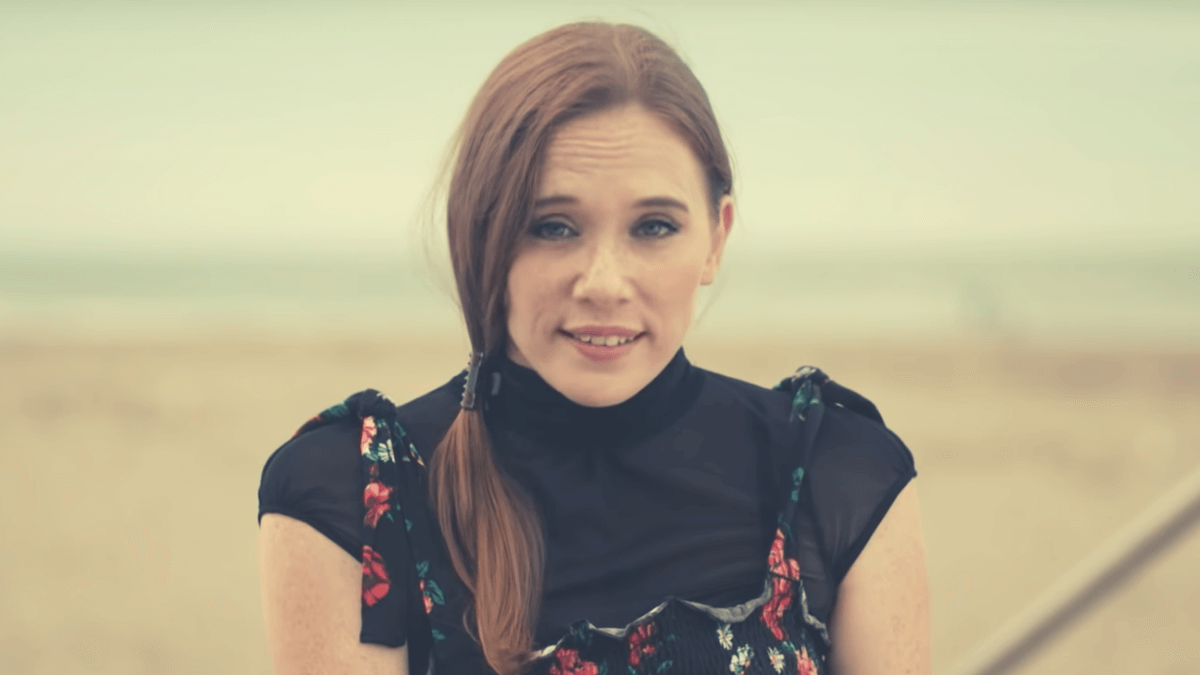A deadly double standard – Claire’s Story #DefendNZ Documentary 2 (Youtube: screenshot)
As The End of Life Choice Bill is currently being debated in New Zealand, a woman, Claire Freeman, involved in a car accident causing her to become tetraplegic, has spoken out forcefully against the Bill.
The Bill permits assisted suicide in cases where an adult has a “terminal illness that is likely to end the person’s life within 6 months”; or suffers from “a grievous and irremediable medical condition; and is in an advanced state of irreversible decline in capability; and experiences unbearable suffering that cannot be relieved in a manner that he or she the person considers tolerable”.
Claire argues that this Bill would have been dangerous for people like her given her (former) “mindset and lack of proper support” and had this Bill passed only a few years ago, she would have been eligible to end her life.
Although formerly pro-assisted suicide, her experience as a tetraplegic has led her to change her mind admitting that “[she] didn’t really understand the implications of having a ‘choice’ [for assisted suicide].”
Claire attempted suicide more than once and her health professionals “encouraged [her] to explore assisted suicide”. She had intended to travel to Switzerland to kill herself but was unable to do so due to a disastrous operation on her neck, which made her condition even worse.
During her recuperation in hospital “[she] realised that being offered assisted suicide instead of suicide support was disturbing.”
“I had been told ‘if I was in your position, with your disability, I wouldn’t want to live’ by the very health professionals who are there to help suicide survivors. No one ever asked about my toxic mindset and frantic way of living.”
“I realised my biggest problem had been my mindset and a lack of proper support”
Claire said that people like her are not being given a voice in this debate in New Zealand.
“I don’t want to see a vulnerable person talking to a health professional who assumes their life is of little value due to their disability or illness.”
“The reality is this: If the End of Life Choice Bill, in its current form, were law four years ago, I’d be dead. This isn’t about religion or politics; it’s about trying to do the right thing and highlight the dangers of this bill.”
Clare McCarthy of Right To Life UK commented:
“The attitude of medical professionals towards people with disabilities in this case is, sadly, all too familiar. Just recently in the UK, a mother was offered an abortion 10 times because her daughter was diagnosed as having a disability in the womb.”
“These professionals acted in a remarkably unprofessional manner by encouraging Claire to kill herself, and, as she rightly notes, she would not be alive today had the law been different. We can see clearly that the attitudes of the medical professionals and the lack of proper support were a key motivating factor behind Claire’s original decision to take her life, which, fortunately, she was unable to enact.”
“As her experience shows, laws prohibiting assisted suicide and euthanasia protect people like Claire, and they should not be removed.”












